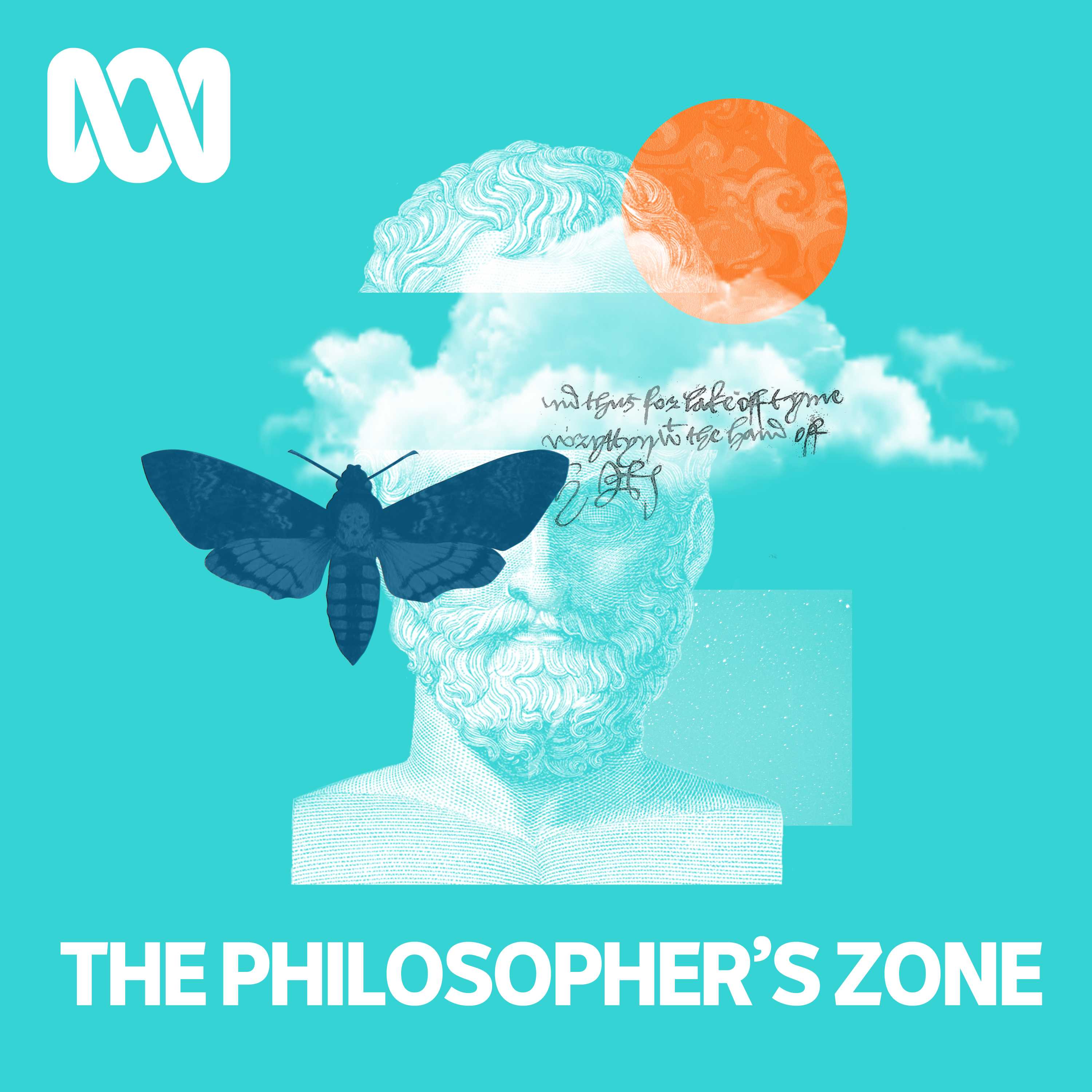

Philosopher's Zone
ABC
The simplest questions often have the most complex answers. The Philosopher's Zone is your guide through the strange thickets of logic, metaphysics and ethics.
Episodes
Mentioned books

Jan 14, 2026 • 46min
Albert Camus, fascism and America
Matthew Sharp, a philosopher and author, discusses the enduring relevance of Albert Camus in today’s political landscape. He explores how Camus' critiques of nihilism resonate with modern social alienation and the rise of authoritarianism. Sharp links Camus' thoughts to contemporary challenges, such as the appeal of fascism and post-truth politics in America. He emphasizes the need for empathy to counter despair and highlights the importance of nature and balance against exploitation. Sharp’s insights help reframe Camus as a vital voice for modern times.

Jan 7, 2026 • 35min
How feminism changed primatology
In this engaging discussion, Samara Greenwood, a PhD candidate at the University of Melbourne, delves into how second-wave feminism transformed primatology. She highlights the revolutionary work of feminist scientists who challenged the alpha-male narrative, showcasing women's vital roles in primate societies. Samara shares insights from Donna Haraway's 'Primate Visions' and Sally Slocum's critiques, emphasizing the importance of diverse perspectives in scientific research. The conversation also addresses why the alpha-male myth still endures in popular culture, urging for a reframing of scientific narratives.

Dec 31, 2025 • 30min
What's the time? Indigenous temporalities and the 'Everywhen'
Bronte Gosper, a Wiradjuri filmmaker and oral historian, discusses her experiences at Columbia University and the complex nature of Indigenous identity. She delves into the challenges of documenting Indigenous histories, emphasizing the importance of authentic storytelling. The conversation navigates the impact of colonial notions of time on justice and sovereignty, highlighting how these temporalities clash. Bronte introduces W.E. Stanner's concept of 'everywhen', advocating for a holistic understanding of time that influences current practices and policy.

Dec 24, 2025 • 33min
Buddhism and nationalism
Neil Appel, an academic specializing in Buddhist nationalism, explores the surprising intersections of Buddhism and nationalist politics, particularly in Sri Lanka. He discusses the stark contrasts between Western and Asian Buddhist practices, emphasizing the roots of Buddhist nationalism and its historical ties to state power. Appel delves into themes of collective karma and the Mahavamsa, revealing how these narratives justify force in defense of Buddhism. He also addresses post-colonial dynamics, religious tensions, and the growing role of monks in politics, highlighting a complex interplay of faith and nationalism.

Dec 17, 2025 • 37min
Innocence and 'child rescue' in the colonial imagination
Joanne Faulkner, a Senior Lecturer specializing in colonial childhood and ethics, delves into the troubling connections between Australia's Stolen Generations and the 19th-century British child rescue movement. She discusses how the narrative of rescuing 'ragged children' from families was often steeped in racist imagery and middle-class entitlement. Faulkner explores the lingering effects of such ideologies in contemporary media and policy, highlighting how infantilization and colonial legacies continue to impact Indigenous families today.

Dec 10, 2025 • 33min
Distributed intelligence and the problem with 'doing your own research'
In this discussion, Chris Fleming, an Associate Professor and expert on conspiracy theories, dives into the cultural allure of these narratives and why conventional views on conspiracy theorists miss the mark. He explores the concept of distributed intelligence, emphasizing that knowledge is shared across language and institutions rather than merely personal. Fleming critiques the media's framing of knowledge as a quiz-show type of fact-counting, revealing how this shapes public understanding and trust in expertise. Ultimately, he calls for a more nuanced approach to rebuilding epistemic ethics.

5 snips
Dec 4, 2025 • 41min
Can atheists be virtuous? The moral philosophy of Catharine Trotter Cockburn
Jackie Broad, a Professor of Philosophy at Monash University, deep dives into the intriguing moral philosophy of Catharine Trotter Cockburn. They explore how Cockburn, a defender of John Locke, navigated the moral landscape of her time, asserting that virtue is attainable through reason—even for atheists. Broad reveals Cockburn’s unique blend of Christian faith and Stoic principles, as well as her firm belief in the internal motivations that guide morality. Their discussion highlights why Cockburn's ideas are essential for modern debates on ethics and virtue.

13 snips
Nov 26, 2025 • 29min
What are we doing when we read?
In this discussion, Audrey Wasser, an Assistant Professor at Miami University and literary theorist, delves deep into the complexities of reading. She explores what it truly means to read, highlighting the tension between passive reception and active interpretation. Audrey brings to light the hermeneutics of suspicion, how critics like Marx and Freud influence our understanding, and critiques Derrida's deconstruction. The conversation also touches on the rise of affect-focused readings and the construction of texts, revealing how material pressures affect literary criticism.

Nov 19, 2025 • 42min
Love, compassion and gloom: the contradictions of Arthur Schopenhauer
David Bather-Woods, an Associate Professor of Philosophy at Warwick University and author of a recent biography on Arthur Schopenhauer, dives into the complexities of the 19th-century philosopher. They explore Schopenhauer’s stark pessimism and its relevance today. Bather-Woods contrasts Schopenhauer's views on romantic love and desire with compassion as an ethical foundation. They also discuss his hard determinism, personal setbacks, curious relationships, and the balance between misanthropy and warmth in his character, revealing a more nuanced figure than often portrayed.

Nov 13, 2025 • 37min
Poverty and punishment
Jeanette Kennett, a philosopher specializing in moral psychology from Macquarie University, tackles the troubling intersection of poverty and welfare policy. She explains how myths of individual failure cloud political accountability and highlights the damaging effects of mutual obligation on welfare recipients. Kennett critiques punitive welfare sanctions and questions the fairness of conditional support. She also argues that poverty undermines self-control, while advocating for a reformative approach amidst rising anti-poverty activism.


